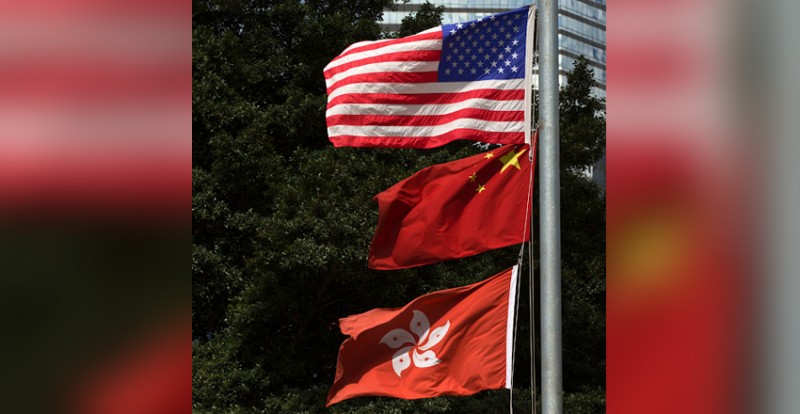
The United States issued a warning on Friday, highlighting the growing risks for businesses operating in Hong Kong due to the region’s new national security laws. The advisory warned that routine business activities may now conflict with these regulations, raising concerns about the financial hub’s future as an open trading center.
Hong Kong, once governed by the "One Country, Two Systems" framework after its 1997 handover from Britain, has seen increasing restrictions from Beijing. Since the large-scale protests in 2019, China has tightened control over the city, culminating in a law passed in March 2024 that imposes life sentences for crimes such as treason and insurrection.
The updated business advisory, originally released in 2021, was issued by the US State Department and other agencies, citing "new and heightened risks" for businesses operating in Hong Kong. According to the advisory, the vague nature of the national security laws poses potential dangers for activities like conducting research on government policies or maintaining relationships with local officials, journalists, and NGOs.
The advisory also noted that the legal differences between Hong Kong and mainland China have significantly narrowed. In mainland China, authorities have broad power to label documents, data, and materials as state secrets, leading to the prosecution of foreign nationals for espionage. A similar risk is now present in Hong Kong under the new security laws.
Since the enforcement of the initial 2020 security law, more than 300 people have been arrested, including one US citizen, the advisory said.
On Saturday, Hong Kong’s second-ranking official, Eric Chan, dismissed the US warning, accusing it of attempting to undermine China’s rise. He stated that national security cases in Hong Kong are handled fairly in the courts and that there have been no wrongful arrests of businesspeople. Chan criticized the US advisory as a tactic to scare off investors but expressed confidence that it would not be effective.
Hong Kong’s leader, John Lee, defended the new laws, saying they were necessary to prevent violence, referencing the widespread protests that occurred in 2019.
India-US Relations Stable Post Election, Says US Regulator
China Threatens Retaliation Against Japan Over Potential Chip Restrictions
Japan Proposes Record Military Budget Amid Rising Tensions with China